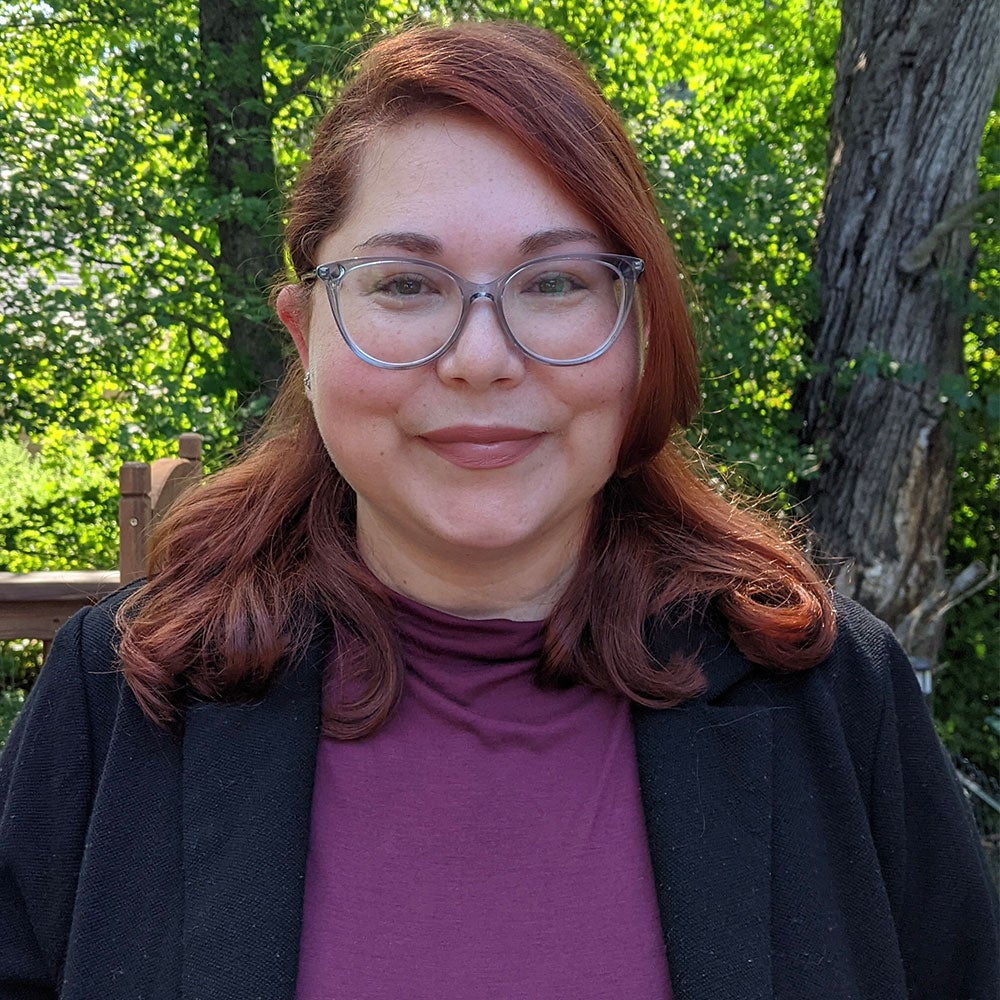KINGSTON, R.I. – August 25 – The state of Rhode Island passed the Probation and Parole Support Act in 2022, which intends to lessen the impact of financial penalties on indigent individuals. The state-wide policy is such that if a person spends more than 30 days in jail, they are no longer responsible for court costs. Additionally, the bill adjusts the courts’ assessments of indigence and ability to pay, which can lead to court costs being waived or reduced for defendants. State representative Jason Knight spearheaded the bill.
While this is a step in the right direction in the reintegration of system-involved people, there is nuance in the bill itself and how it has been executed over the last three years. Most importantly, how are judges and courts interpreting indigency? Criminology and criminal justice professor Brittany Martin intends to find out.
Martin recently received a Russell Sage Foundation grant to pursue this research. The program focuses on the causes and consequences of social, political, and economic inequalities in the U.S., with an emphasis on criminal justice and the legal system. Selected researchers investigate how these inequalities affect social, political, psychological, and economic outcomes such as educational and labor market access and opportunities, social and economic mobility within and across generations, and civic participation and representation.
The definition of indigency changes state-to-state. In a state like Georgia, the parameters reflect the federal poverty threshold with little room for discretion; an indigent person must make less than $15,600 per year for a misdemeanor case and less than $23,475 for a felony case* . All other factors in an individual’s circumstances are not considered. Whereas in a state like Rhode Island, the term is defined as:
Someone who lacks the financial means to afford basic necessities like food, clothing, and shelter, or to secure legal representation. Specifically, Rhode Island law states that a defendant is indigent if they cannot afford legal fees or costs associated with a court case. Furthermore, the law outlines that receiving certain public benefits (like TANF, SSI, or food stamps) can be considered sufficient evidence of indigency.
Martin’s approach to her research will center around quantitative and qualitative data. She also plans to use a portion of the grant to hire students to assist with research, and help them gain valuable experience before entering the workforce.
“I love working with the students here on my research. They get to interact with some amazing people working within the system. I want our students to be those people when they graduate from URI.”
From a quantitative standpoint, she plans to work with students to clean and analyze administrative data from the Rhode Island judiciary. A bonus to focusing her research on indigency in the Ocean State is the state’s small size; with only 4 criminal court jurisdictions, she can capture how the bill is enacted throughout the whole state. The data, spanning from 2015 to 2024, provides a unique insight into the impact on indigent people before and after the bill, as well as the effects of COVID-19.
“This part of my research is purely about data, and less about reports from people. The data includes the crimes an individual is charged with, their county, plea or no plea in their case, the sentencing outcome, and if their court costs were remitted” explained Martin.
The qualitative end of the research will focus on court observations and ethnographic work. Four selected CCJ students will assist in the observations and shadow Martin as she begins to interview court actors (judges, lawyers, staff, etc.) and individuals who are still financially liable to the court. This portion of research offers an opportunity to gain a deeper understanding of the current landscape in the courts. This raises questions, such as: Are judges automatically remitting defendants because they have public defenders? Are judges having these conversations in the courtroom at sentencing?
Martin hopes to interview around 60 people who owe money to the court; 30 before the bill passed, and 30 after. With the new bill in place, there has been little research conducted over the last three years to determine whether eliminating court costs is actually beneficial.
Furthermore, it is important to consider how this will come into play with the fact that Rhode Island is #2 in the country for the number of people who are on probation, and ranked 11th for correctional control. People who are under community supervision qualify if they are indigent, but the bill does not cover any financial fees/punishments beyond court costs.
“Money is part of the punishment system in the United States,” said Martin, “And one of the arguments around lessening legal financial obligations (LFOs) is that people will be able to exit the system faster.”
The overall goal of this research is to contribute to policy implications. With completed qualitative and quantitative data on the matter, a recommendation on how to apply and improve the process can be made. Ultimately, to determine the effectiveness of this bill, it is necessary to assess whether an individual can pay and what factors influence that decision.
“Judges are not debt collectors, nor do they want to be. If we really want people to get out of the system faster, it may be interesting to see what people have to say about this new bill,” said Martin.
Brittany Martin will be speaking in Houston at a Results for America conference on Evaluating Ability to Pay Court Reforms on September 16, 2025.
Sources*
https://aspe.hhs.gov/topics/poverty-economic-mobility/poverty-guidelines
https://law.justia.com/codes/georgia/title-17/chapter-12/article-1/section-17-12-2/

